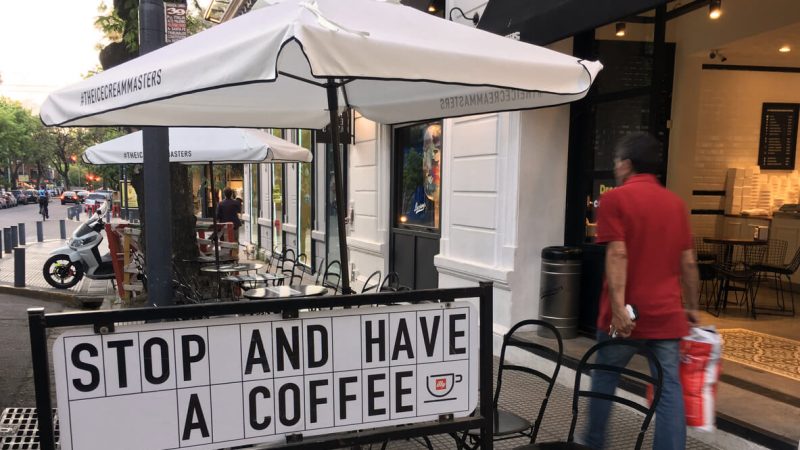Teaching vocabulary – 4 ways to boost secondary language skills

Support your students towards better language use with the help of our resident word-wizard, Alex Quigley…

- by Alex Quigley

In English and general use: the act of forcibly taking somebody against their will
One word at a time
The word ‘vaccine’ – now dominating our thoughts, given the coronavirus pandemic – has a fascinating etymology. The word is closely wedded to the invention of the brilliant British physician Edward Jenner.
Famed for his technique of preventing smallpox by injecting people with a similar but milder cowpox, the roots of the word ‘pertain to cows; from cows’.
Like many words, this originally narrow definition became broader over time, particularly after the French chemist Louis Pasteur developed vaccination processes for other viral diseases, such as rabies.
Immunology and vaccines have since transformed the modern world, and rely upon knowledge that remains more vital than ever.
Do they know?
‘E’ is the most frequently used letter, appearing in around 11% of all common words in the English language
Alex Quigley is a former teacher and the author of books Closing the Vocabulary Gap and Closing the Reading Gap; he also works for the Education Endowment Foundation as National Content Manager.
Try this today: Just a minute
The real test of vocabulary knowledge isn’t just instant recall of a word, but a richer, deep knowledge of a word – its origins, meanings, parts and families.
Many of the words we use for the academic language of school are complex and have multiple meanings; they are ‘polysemic’.
As such, we should aim to get our pupils to exhibit and practice talking about words. The radio game show Just a Minute, in which players must speak on a topic for 60 seconds without hesitation, deviation or repetition, translates well to the classroom.
Pupils can be asked to speak about and elaborate upon a single word for as long as possible.
Cracking the academic code
One of the more obvious markers of academic writing is that sentences are lengthier and more elaborate than in other, less formal types of writing. One way to demarcate sentence sophistication is the well-crafted development of multiple clauses in a sentence.
One simple focus could be to encourage pupils to craft ‘Three clause sentences’.
You can train pupils to craft sentences with multiple clauses, so as to convey more complex ideas, by using discourse markers as prompts. A handy triplet is ‘because…but…so…’, ‘since…however…nevertheless’ or ‘whereas…furthermore…ultimately’.
With these triple prompts, pupils can train fuller, more sophisticated academic sentences.
One for: Biology students
Immunity
Derives from: Latin – ‘immunitatem’, meaning ‘an exemption from performing a public service’.
Means: The more common health-related meaning is the ability of an organism to resist an infection or toxin
Related terms: Immunology, immune system, immunosuppression, vaccination and impunity
Note: The modern sense of immunity from disease is a 19th century development
I don’t think it means what you think it means…
Abduction
In PE and biology: the movement of a limb or body part away from the midline of the body
In English and general use: the act of forcibly taking somebody against their will
One word at a time
The word ‘vaccine’ – now dominating our thoughts, given the coronavirus pandemic – has a fascinating etymology. The word is closely wedded to the invention of the brilliant British physician Edward Jenner.
Famed for his technique of preventing smallpox by injecting people with a similar but milder cowpox, the roots of the word ‘pertain to cows; from cows’.
Like many words, this originally narrow definition became broader over time, particularly after the French chemist Louis Pasteur developed vaccination processes for other viral diseases, such as rabies.
Immunology and vaccines have since transformed the modern world, and rely upon knowledge that remains more vital than ever.
Do they know?
‘E’ is the most frequently used letter, appearing in around 11% of all common words in the English language
Alex Quigley is a former teacher and the author of books Closing the Vocabulary Gap and Closing the Reading Gap; he also works for the Education Endowment Foundation as National Content Manager.











